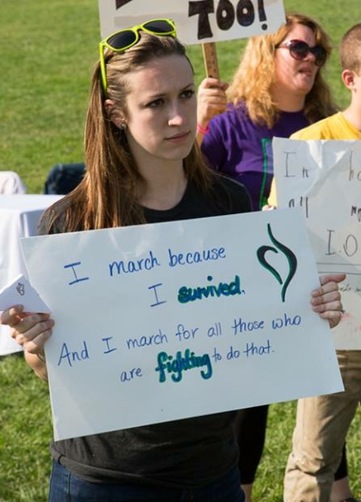
by Joanna of the Middle Ground
Self-reliant.
That term has stuck to me for much of my life. (That, together with my mother’s fond saying that a shark could bite off my leg and I still would refuse to cry.)
My independence is a chicken-or-the-egg kind of quality. Have I always preferred to solve my own problems? Or was the descriptor “self-reliant” innocently bestowed on me at some point during childhood, and I spent the rest of my development living up to it?
However it originated, this self-reliance ultimately became an unwitting ally for the eating disorder that developed when I was just shy of 14 years old. I don’t know why I began skipping lunch at school. All I knew was that I was in pain and confused, and I didn’t know how to tell anyone. So, I found a solitary way to cope.
Back then, I had no concept of what sort of enemy I was facing or just how vicious it would become over the next eleven years. I tried over and over again to forge a healthier relationship with food, only to slip backward and further into anorexia. Still, I told myself that there was no way my “issues” with food could be that bad.
The problem was that I didn’t know these “food issues” were actually an illness. I believed that I was to blame for incurring this hell—and therefore I deserved the pain and misery it brought me.
Of course, that is the paradox of eating disorders: The sicker you get, the harder it is to see how bad things are getting.
I finally sought help at the age of 25. But that old self-reliance followed me into recovery. Just as I’d hidden my eating disorder from my family and friends, I kept my recovery secret: I admitted to treatment without telling any of my loved ones; I assumed the burden of fighting my insurance company; I drained my savings to stay in treatment and wrest everything I could from it.
Whether help was available or not, I always preferred to do things my way—until I went to Washington on September 30, 2014.
I had decided to attend the inaugural M.O.M. March because I, like many eating disorder patients, had terrible difficulties accessing the treatment I needed. I wanted justice for myself and for others who had experienced discrimination at the hands of their insurance companies. While I did get to lobby for those issues, I also left with much, much more.
As I sat on the west lawn of the Capitol listening to the testimonies of recovered people, family members, clinicians, and advocates, I began to realize I was one member of a large community. I was in awe that so many people cared about this issue—about my issue. These people understood this strange illness, confronted the same challenges that I did, and, most consoling of all, knew just how lonely the road from an eating disorder into recovery can be.
That day I learned that countless others had walked through the same dark woods that I’d accidentally wandered into at 14, and they had made it to the other side. If I stayed close to this community, they would show me the way out.
In the end, there are many reasons that I march—among them the chance to protest the wildly unjust insurance situation that we who suffer mental illnesses face.
However, the reason I keep returning to Washington for marches and lobby days, and why I will keep coming back even after we achieve our legislative goals, is because my fellow marchers are my family. This family offers me hope—hope that help is out there, that recovery is possible, and that I’m not alone on this journey.
Today, October 27, 2015, hundreds of people with interweaving stories will come together, bringing the solitary among us into solidarity with us.
I can tell you all about the healing power of this kind of connection—but I think you ought to come experience it for yourself.
I’ll see you there.
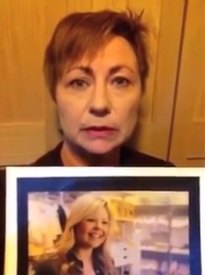
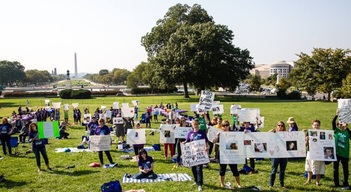
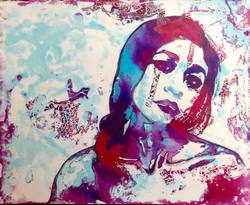
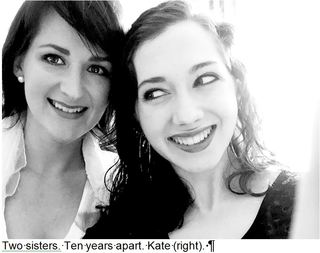
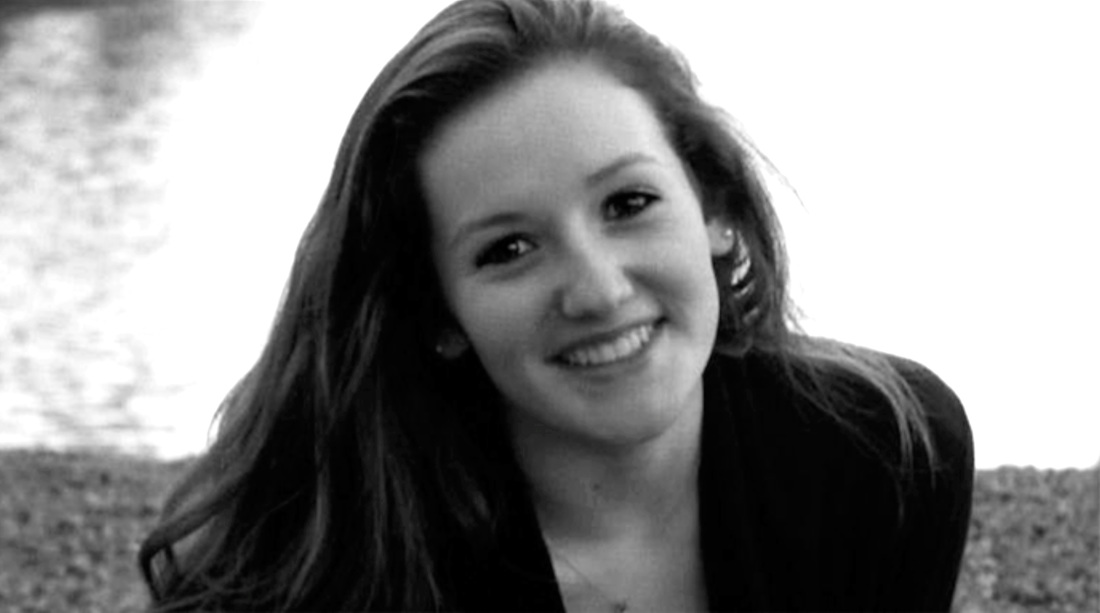
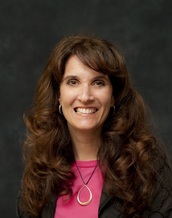

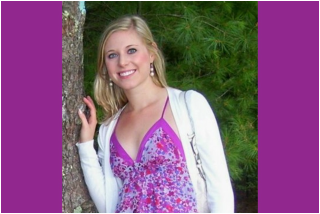
 RSS Feed
RSS Feed